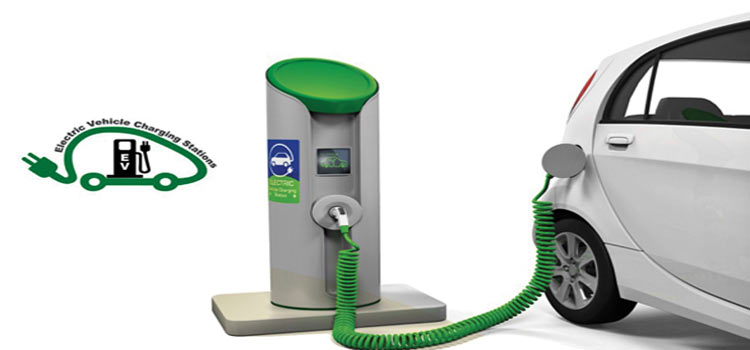The Central government has sought a report from the UT administration on electric vehicle charging stations in the city, as it plans to promote hybrid and electric vehicles in the country.
The Chandigarh municipal corporation (MC) has already installed charging stations at various parking lots in the city. But the joint electricity regulatory commission (JERC) is yet to approve power tariff plan for these charging stations.
Recently, the UT electricity department in its power tariff petition submitted before the JERC had proposed a plan for charging stations – Rs 5 per unit in the slab of 0-150 units; Rs 5.30 and Rs 5.60 per unit in 151-400 units and above 400 units, respectively.
The tariffs proposed for electric vehicle charging stations are higher when compare with domestic category, but are the same as commercial category power tariff.
The UT administration is already working on promoting hybrid and electric vehicles. Last year, a team from transport department had visited Nagpur to study charging stations’ set up in different parts of the city. Nagpur was the first city in0 the country to have in place electric vehicle charging stations.
Chandigarh has the highest density of vehicles in India, with around 12 lakh registered vehicles, including both two-wheelers and four-wheelers. The number of vehicles per house on an average is two and has led to a sharp deterioration in quality of air.
To cut down level of pollution, Chandigarh Transport Undertaking (CTU) will induct electric buses in its fleet. The ministry of urban development has given a green light to CTU to purchase 20 buses in the first phase. At present, around 3,000 e-rickshaws are plying in the city.
